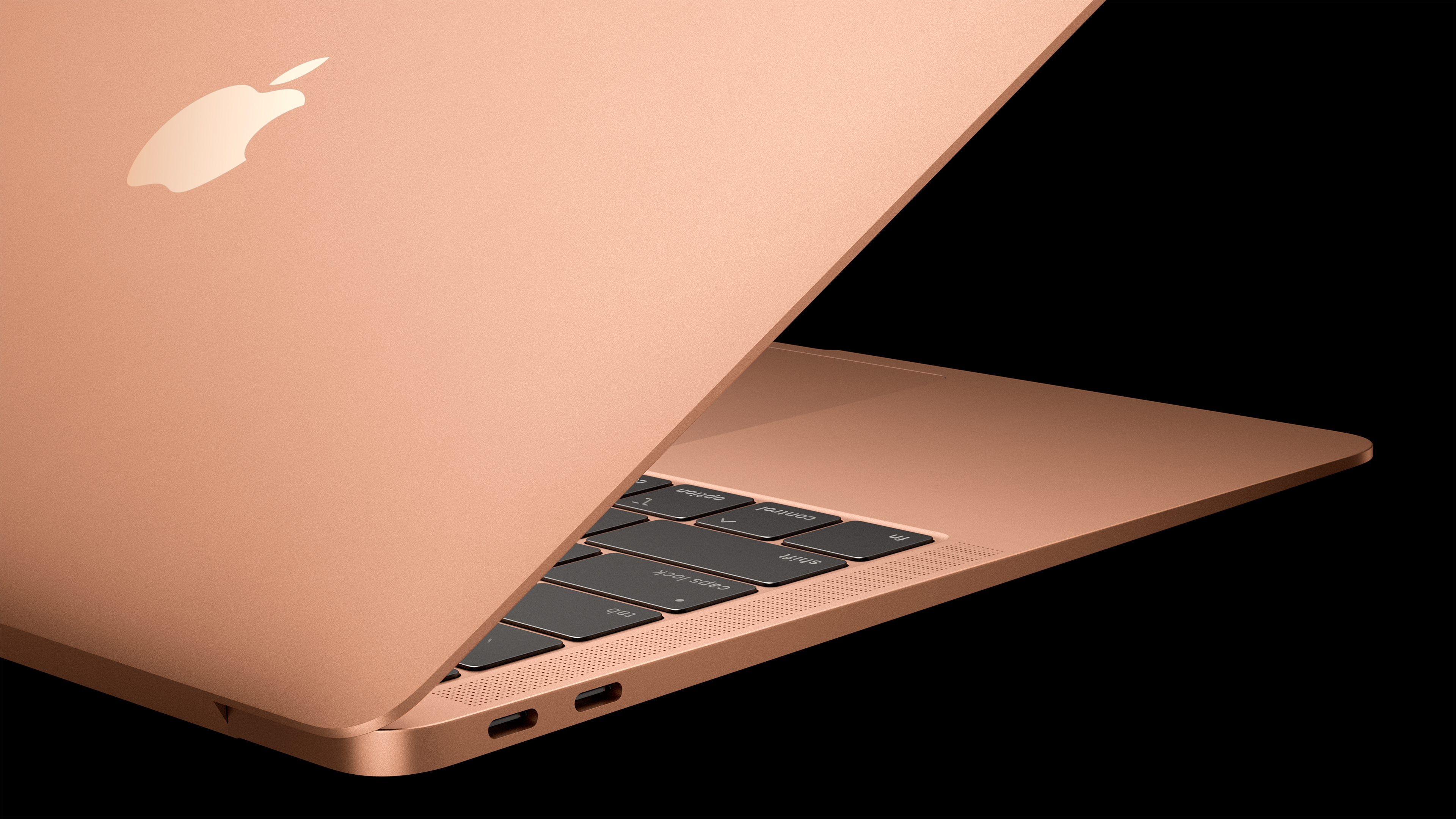The FBI has cautioned smartphone users to avoid public USB ports due to the risks of malware delivered by public charging stations. The Denver FBI office, through CNBC on Twitter, stated that public charging stations in hotels, airports, and shopping centers are all susceptible to opportunistic malware attacks.
According to the FBI, malicious individuals have discovered that public USB ports can be adapted to “inject malware and monitoring software onto devices.” As a result, users should bring their own charger and USB cord while in public and use an electrical outlet for charging instead of a public USB port if possible.
Avoid using free charging stations in airports, hotels or shopping centers. Bad actors have figured out ways to use public USB ports to introduce malware and monitoring software onto devices. Carry your own charger and USB cord and use an electrical outlet instead. pic.twitter.com/9T62SYen9T
— FBI Denver (@FBIDenver) April 6, 2023
Using a public USB port to transfer malware to a device, such as a computer, tablet, or smartphone, allows hackers to obtain sensitive data on the device, such as usernames and passwords, hijack email accounts, steal funds from online accounts, and much more.
While Apple’s iPhones and Macs possess a USB security feature that disables data transfer through the Lightning port when the device has been locked for over an hour, this feature does not prevent malware installation when the device is in use and connected to a public port.
To safeguard against this potential method of attack, the recommended solution is to bring your own USB cable to charge in public spaces. The FBI has issued a comparable warning on its website, cautioning individuals against using free charging stations, using public Wi-Fi for sensitive transactions, opening suspicious documents, utilizing the same password for all accounts, and clicking unsolicited links in text messages and emails.
For cyber security expertise and support, please contact our team today.

